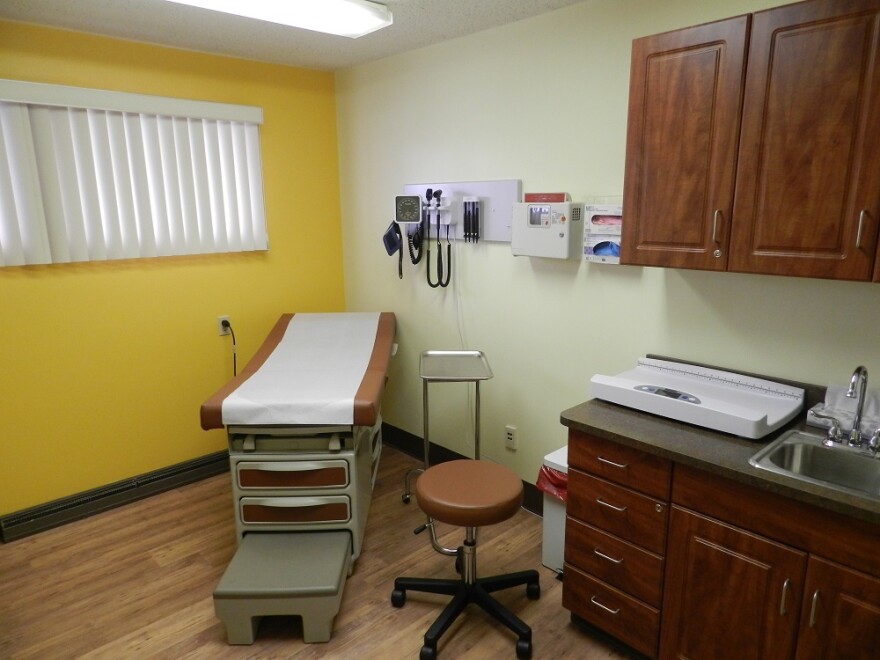Rates could be going up next year for people who buy health insurance on Michigan's public exchange.
More than a dozen companies have submitted requests for rate changes to the Michigan Department of Insurance and Financial Services (you can see the requests here). The companies that sell to the largest share of the individual market are Blue Care Network with a 14.8% requested increase, Blue Cross Blue Shield at 18.7%, and Priority Health at 13.9%.
The average increase is 17.2%.
Allan Baumgarten is an independent health care consultant based in Minnesota. He says there are a number of factors that could contribute to higher rates.
One is that the Affordable Care Act created requirements for basic benefits.
“And to some extent [insurers] were able to grandfather in the old non-qualifying plans” in the first couple of years under the law, Baumgarten says, “but I think that’s pretty much come to an end by now, and so that might explain some portion of the increases.”
Baumgarten says some insurers are also seeing people drop off their insurance rolls mid-year, which can be hard to plan for.
But Baumgarten says the individual market in Michigan is stable compared to other states. In Baumgarten’s home state of Minnesota, for example, the industry juggernaut Blue Cross Blue Shield announced this year it would drop out of the individual market altogether, citing steep losses. That's after Minnesota came out with the lowest rates in the nation when the Affordable Care Act was first inked.
Baumgarten says in Michigan, by contrast, “the number of competitors is still good, and these average rate increase requests, if viewed over a period of two to three years, are not that large.”
One of the things regulators will, in fact, consider is whether the rates are high enough to pay out claims.
But Baumgarten says one thing regulators should consider is the healthy profits many companies are making off Medicaid, the government-paid insurance program for the poor.
“I think it is reasonable to ask, you know, if you're doing very well on your Medicaid line of business, shouldn't you modify your rate increases for the individual business, because the two lines of business are closely related,” Baumgarten says.
Many states, including Michigan, greatly expanded their Medicaid rolls under Obamacare.





